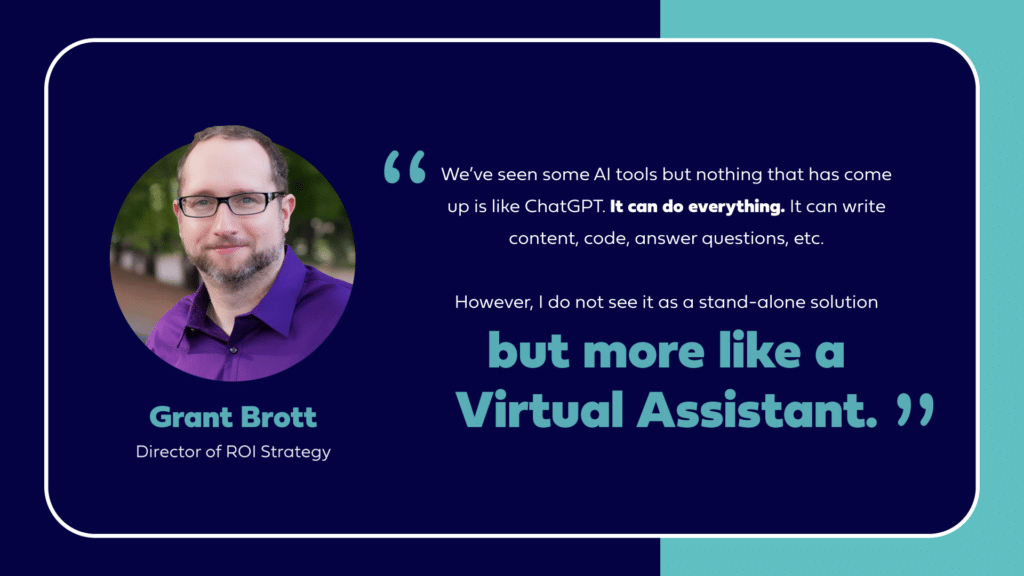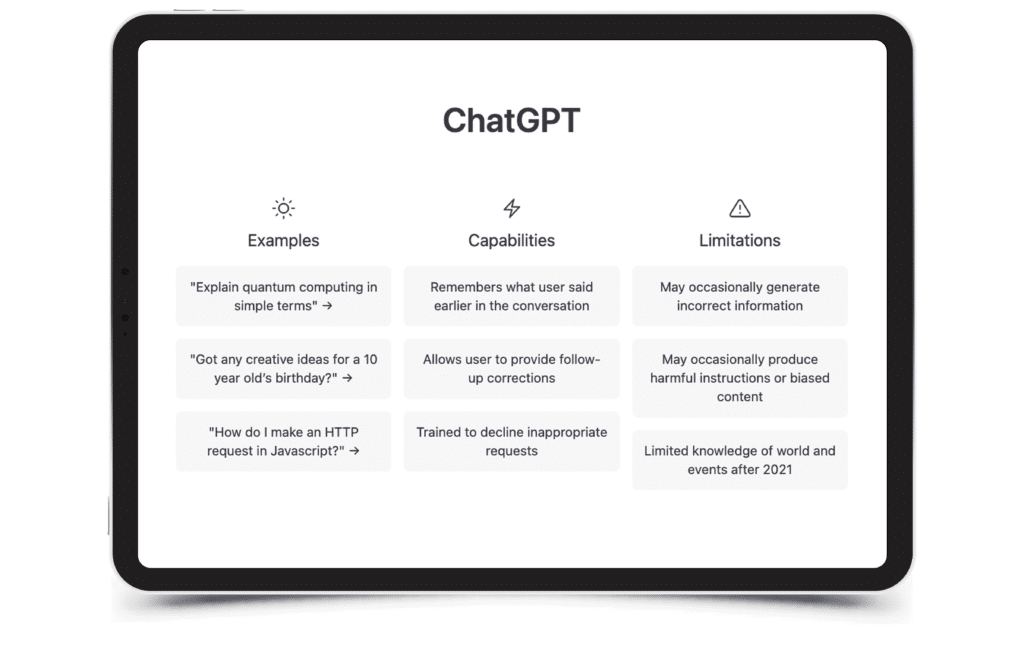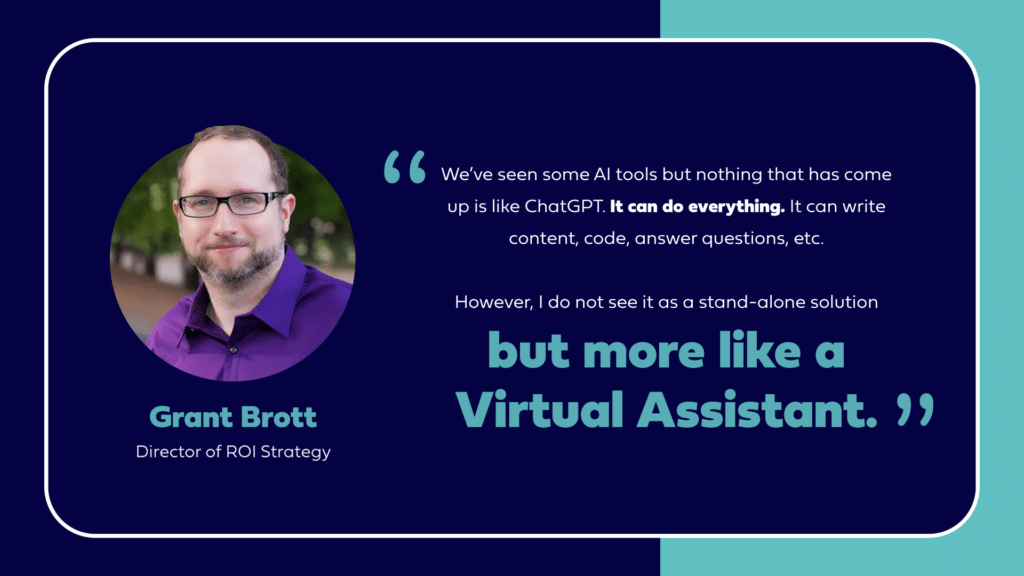Are you struggling to balance the demands of work and personal life? You’re not alone. Read ahead to learn about the state of well-being in law and how to work smarter.
The legal field is known for its demanding nature, and it’s easy to become burned out. To get to the heart of what causes burnout, we need to raise awareness as well as provide optimal solutions that’ll help you understand and surmount hurdles along the way. Let’s begin by looking into the state of well-being in law.
The latest ABA profile of the legal profession found that:
- Two-thirds of women (67%) and almost half of men (49%) report having moderate or severe stress
- Over a quarter (28%) said they do not take adequate breaks during the workday
- More than half (51%) of all lawyers say they work long hours
Some negative contributing factors many legal professional face include:
- High expectations when it comes to skills and overall success
- The inherently conflict-driven environment of law
- Tight deadlines with time constraints
- Depletion of (mental and physical) energy due to constant high demands at work
Now that we’ve looked at one side of the coin, let’s look at the other: the areas of opportunities.
-
Provide Necessary Training to Supporting Your Firm’s Staff
Although widely accepted, the idea that lawyers are gladiators is a myth. We all share the human experience; as such, the workplace is a critical setting to equip all staff to handle the inevitable challenges more easily. Here are some approaches to consider:
- Practice “sleep leadership.” This means encouraging and enabling better sleeping habits amongst all staff. Thus, improving job performance and overall well-being. Some of the best managers and leadership boards are jumping on board with this idea.
- Train managers and leadership with the proper skills needed to support staff. For example, the Workplace Mental Health Institute (WMHI) offers a course on mental health training for leadership.
- Evaluate stress, burnout, anxiety, etc., with anonymous surveys. Ask the uncomfortable, complex questions necessary to pinpoint improvement areas.
- Develop and support a mental health space/group/guide. Here are more tips:

-
Tap Into One Of The Most Powerful Skills: Creativity
Litigators rely on creative storytelling abilities to disclose their client’s story the best way possible, but it doesn’t end there.
While it’s often overlooked, creativity is one of the most sought-after skills in today’s market, and for a great number of reasons. Being creative means:
- Solving complex problems
- Finding new solutions that were perhaps never considered before
- Encouraging your innovative thinking
- Improving your brain’s plasticity (rewiring your thinking for the better!)
- Enhancing your imagination
- Challenging conventional thinking
Because law firms work in a fast-paced, high-stress environment, creativity is one of the keys that can help you tap into more potential (both professionally and personally). If you’ve been waiting for those “aha” moments, here are some quick tips to help:
 Are you in need of more hacks (backed up by science and legal experts)?
Are you in need of more hacks (backed up by science and legal experts)? -
Work Smarter, Not Harder: Use a Digital Management Dashboard
The legal profession is competitive, and many law firms invest in digital assets to set themselves apart. To achieve this (without the headaches of doing it all alone), most law firms are investing in technology, software, websites and overall marketing.
But as you invest, you’ll want to ensure your assets and decisions are driven by data instead of pure gut feelings and instincts. This is exactly what the smartest businesses are doing. Thanks to tech tools, firms can automate around 23% of the labor-intensive tasks, and you can, too.
If peace of mind is one of your priorities, then we recommend investing in an asset like LawEval, an all-in-one hassle-free real-time data insight platform that on top of all that is 100% designed for law firms. In it you can monitor your entire digital investment and have immediate answers to critical questions like:
- Is my website running?
- Are all my contact forms working?
- How many leads came through last month versus this month?
- Where are leads converting?
- How’s my revenue looking?
Takeaway
The legal profession is demanding, and although achieving balance is not always as easy, the rewards are worth the effort.
By making a conscious effort to optimize labor-intensive work and prioritize your well-being, you’ll be better equipped to handle high demands.
We hope the tips discussed help you work smarter, not harder. If you’re looking to delegate your digital assets with a team of legal experts, we’re here and ready to help out.
The post Don’t Let Your Career Take Over: Tips for Balancing Work and Life in Law appeared first on Consultwebs.
from Consultwebs https://www.consultwebs.com/blog/tips-for-balancing-work-life-in-law
via https://www.consultwebs.com
















